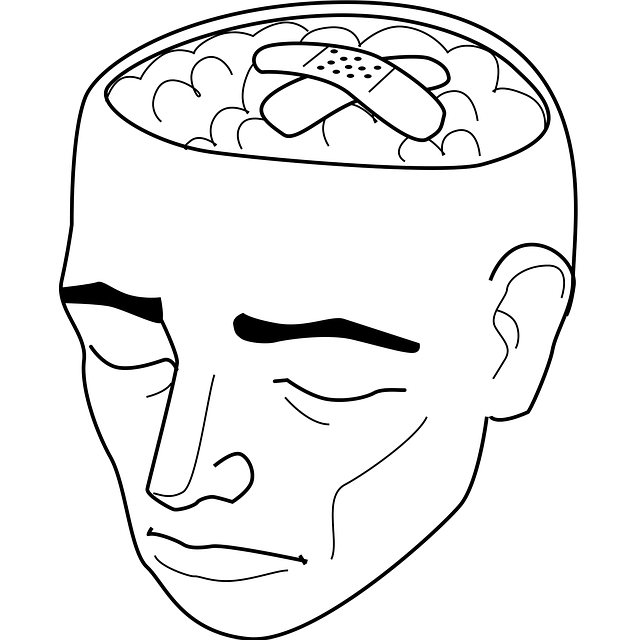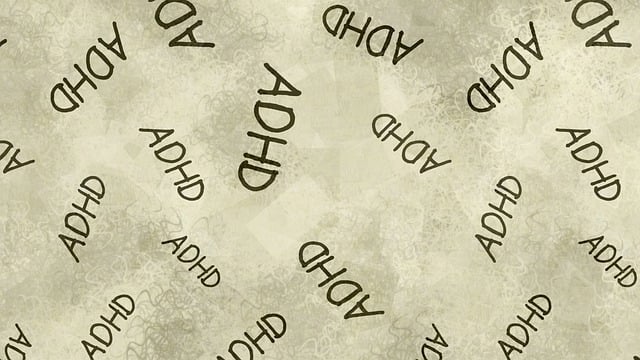The text highlights the detrimental impact of stigma on seeking treatment for mental health issues, particularly sexual addiction. It emphasizes the role of community engagement and education in reducing this barrier. Broomfield Sexual Addiction Therapy (BSAT) is introduced as a pioneering approach, offering non-judgmental, holistic care through cognitive-behavioral therapy and mindfulness practices. BSAT's educational initiatives aim to destigmatize mental illness by challenging stereotypes and fostering empathy through diverse media representation. Community outreach and cultural sensitivity are key to their success, creating supportive environments for recovery and normalizing mental health conversations.
Mental illness stigma remains a significant barrier to treatment, impacting individuals’ willingness to seek help. This article explores targeted efforts to reduce this pervasive social issue. We delve into the far-reaching consequences of stigma on mental health seekers and highlight innovative approaches like Broomfield Sexual Addiction Therapy, which offers non-judgmental care. Additionally, we examine educational initiatives, media representation, and community engagement as powerful tools in breaking down misconceptions and fostering supportive networks for those facing mental health challenges.
- Understanding Stigma: Its Impact on Mental Health Seekers
- Broomfield Sexual Addiction Therapy: A Model for Non-Judgmental Care
- Educational Initiatives: Breaking Down Misconceptions
- Media Representation and its Role in Reducing Stigma
- Community Engagement: Fostering Supportive Networks
Understanding Stigma: Its Impact on Mental Health Seekers

Stigma surrounding mental illness can have profoundly detrimental effects on individuals seeking help. It often creates a barrier, discouraging people from openly discussing their struggles and accessing essential services like Broomfield Sexual Addiction Therapy. This hidden burden can lead to increased isolation, anxiety, and depression, hindering one’s ability to recover and thrive.
The impact of stigma is vast, affecting not just the affected individual but also their support systems. It can foster an environment where mental health issues are shrouded in secrecy, leading to misinformed judgments and a lack of empathy. By raising awareness through community outreach programs and initiatives, we can challenge these negative perceptions. Encouraging open conversations about emotional healing processes is key to reducing stigma, fostering understanding, and promoting supportive environments for those navigating their mental health journeys.
Broomfield Sexual Addiction Therapy: A Model for Non-Judgmental Care

Broomfield Sexual Addiction Therapy (BSAT) is a pioneering approach that has gained recognition for its non-judgmental and comprehensive care model. This therapy focuses on helping individuals struggling with sexual addiction by addressing the underlying causes and promoting healing. Unlike traditional stigmatizing responses, BSAT fosters an environment of acceptance and understanding, encouraging clients to explore their issues without fear of judgment.
By combining evidence-based practices, such as cognitive-behavioral therapy, mindfulness exercises, and self-awareness activities, BSAT offers effective tools for stress reduction methods and mood management. These techniques empower individuals to gain control over their addiction, enhance their self-esteem, and improve overall well-being. Through this model, clients are supported in their journey towards recovery, learning to navigate the complexities of sexual addiction with dignity and resilience.
Educational Initiatives: Breaking Down Misconceptions

Educational initiatives play a pivotal role in reducing the stigma surrounding mental illness, particularly conditions like sexual addiction. Broomfield Sexual Addiction Therapy, for instance, focuses on dispelling myths and misconceptions through comprehensive programs designed to educate both individuals and communities. By providing accurate information about these often-misunderstood conditions, such as sexual addiction, these initiatives foster empathy and understanding instead of fear or judgment.
These educational efforts extend beyond individual therapy sessions, encompassing public awareness campaigns that leverage various media platforms. This includes social media, community workshops, and school programs designed to teach Stress Reduction Methods and Depression Prevention techniques. The goal is to normalize conversations about mental health, encouraging open dialogue that ultimately helps in early intervention and better support systems for those struggling with these issues.
Media Representation and its Role in Reducing Stigma

Media representation plays a pivotal role in shaping public perception and reducing stigma surrounding mental illness. With increasing awareness and diverse storytelling, media platforms have the power to normalize conversations about mental health issues, breaking down barriers and fostering empathy. Accurate and empathetic portrayals in movies, television shows, and news articles can challenge stereotypes, educate audiences, and encourage support for those affected.
For instance, Broomfield Sexual Addiction Therapy has been at the forefront of promoting positive change through media representation. By sharing personal stories and raising awareness about specific issues like sexual addiction, they contribute to a more nuanced understanding of mental health struggles. Encouraging open dialogue and adopting self-care practices can lead to better stress reduction methods and positive thinking, ultimately helping to destigmatize various conditions.
Community Engagement: Fostering Supportive Networks

Community engagement is a powerful tool in the fight against mental illness stigma. By fostering supportive networks, individuals affected by conditions like sexual addiction can find safety and understanding. Broomfield Sexual Addiction Therapy, for instance, leverages community partnerships to connect clients with resources and peers who share similar experiences. This collective approach not only offers practical assistance but also challenges societal perceptions and promotes empathy.
Cultural sensitivity in mental healthcare practice plays a pivotal role here. By ensuring that support networks are inclusive and respectful of diverse backgrounds, these groups can effectively navigate conflicts using evidence-based conflict resolution techniques. Additionally, the production of mental wellness podcast series can amplify these conversations, providing platforms for sharing stories, offering advice, and educating listeners about various aspects of mental health, including the complexities of sexual addiction and recovery journeys.
In addressing mental illness stigma, a multifaceted approach is crucial. From understanding its profound impact on those seeking help to implementing initiatives like Broomfield Sexual Addiction Therapy, which offers non-judgmental care, every effort counts. Educational programs aimed at debunking misconceptions, responsible media representation, and community engagement all play vital roles in fostering supportive networks that encourage open dialogue and reduce stigma. By continuing these efforts, we can create a more inclusive society where individuals feel empowered to seek the mental health support they need.














